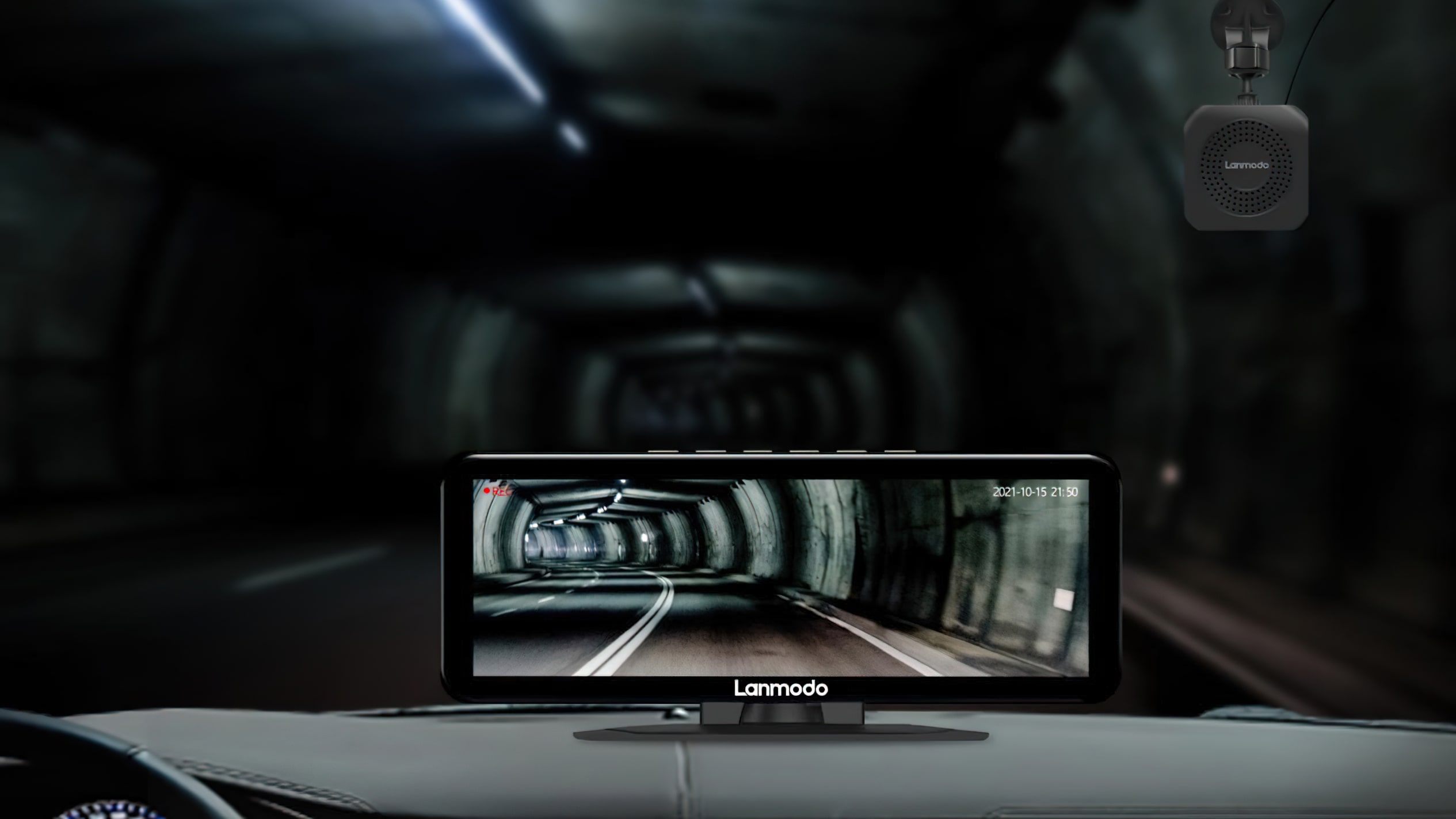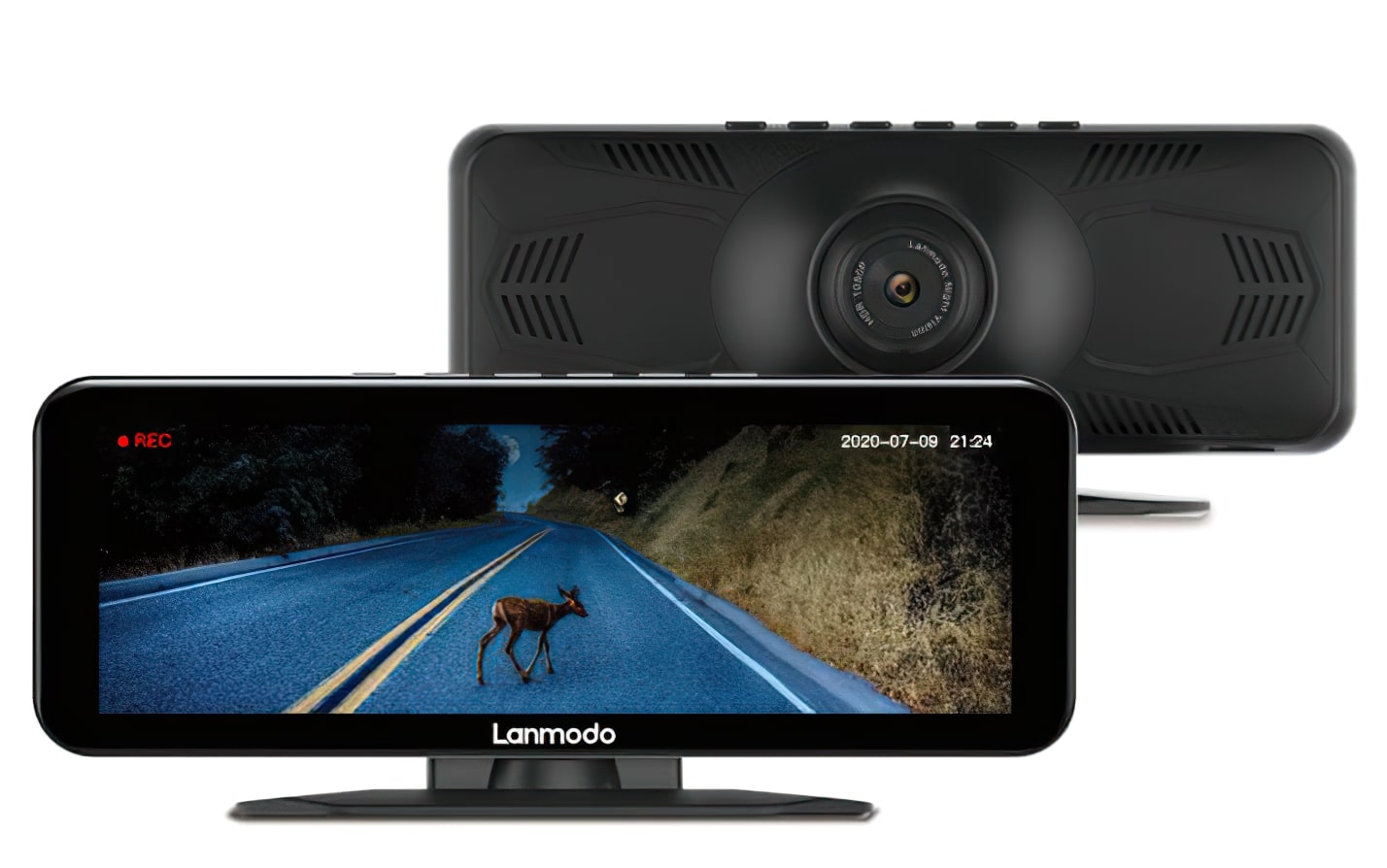
If you’re after an NVMe SSD that doesn’t price the earth, then Adata’s XPG SX6000 Pro is a tempting funds different to the high-end Samsung 970 Evos and WD Black 3D NVMe SSDs of this world. With costs beginning at simply £57 / $60 for its lowest 256GB mannequin, this is without doubt one of the least expensive NVMe SSDs going proper now, however is it price the additional saving over the costlier Samsung and WD? Let’s have a look and see if it deserves a spot in our checklist of best Black Friday SSD deals.
Available in three totally different sizes – 256GB, 512GB and 1TB – Adata claims the XPG SX6000 Pro can attain sequential learn speeds of as much as 2100MB/s and as much as 1500MB/s write speeds. That’s fairly a bit decrease than Samsung’s claimed speeds of 3500MB/s learn and 2500MB/s write, however then you definately’re not paying practically as a lot for the privilege – at the very least within the UK.
The drawback comes within the type of the WD Black, whose 500GB and 1TB sizes are virtually neck and neck with the Adata on value, however method out in entrance by way of claimed sequential velocity – as much as 3400MB/s learn and 2800MB/s write for comparability’s sake.
In the US, the other is true, with the Samsung 970 Evo nearer in value to the XPG SX6000 Pro than the WD Black. Admittedly, prices could be skewed to excessive heaven with all of the Black Friday insanity happening for the time being, so hopefully issues will straighten out a bit as soon as our collective thirst for offers and reductions has been happy in a few weeks time.
Needless to say, although, anybody trying to purchase an NVMe SSD proper now actually has fairly a tricky choice on their fingers. As such, it’s the 256GB XPG SX6000 Pro I’m most involved with right here, as that is the place costs for the Adata, Samsung and WD are all at the moment jostling collectively in very shut proximity.
Admittedly, my preliminary sequential outcomes weren’t precisely promising, because the Adata completed AS SSD’s 1GB sequential take a look at with a learn velocity of simply 1438MB/s and a write velocity of 1194MB/s. The former is 51% slower than Samsung’s drive and 34% slower than the WD, whereas the latter is 50% slower than the Samsung and 55% slower than the WD, which isn’t good in any respect.
That mentioned, judging an SSD solely on its sequential speeds isn’t actually honest, as they’re by no means essentially the most correct method of figuring out how briskly an SSD goes to be in actual life. After all, sequential speeds come about when an SSD reads and writes information in good, neat, adjoining blocks one after the opposite. What really tends to occur is that an SSD reads and writes bits of information all around the store, making random velocity assessments a way more sensible method of assessing the sort of on a regular basis velocity you’re going to get.
Here, the XPG SX6000 Pro put in a a lot stronger exhibiting – at the very least partially. Its random 4K learn velocity of 25MB/s was nonetheless fairly a good distance behind the competitors – 55% behind the Samsung and 45% slower than the WD – however its random write velocity of 145MB/s was way more aggressive. In this take a look at, it was simply 14% slower than Samsung’s drive, and a mere 6% behind WD’s effort, which is fairly good going.
It’s much less suited to heavy-duty studying and writing work, as soon as once more trailing fairly a method behind the competitors in CrystalDiskMark’s intensive eight-queue-eight-thread random velocity take a look at, however as an inexpensive on a regular basis drive there’s so much to love right here. In fact, you’re probably not gaining a lot right here over a standard 2.5in SATA-based SSD comparable to WD’s Blue 3D NAND or the Crucial BX300 in relation to random studying velocity (each drives had been, actually, round 2-4MB/s quicker once I examined them prior to now), however the principle benefit of going with the XPG SX6000 Pro is that reasonably good random write velocity, which the aforementioned 2.5in drives merely can’t compete with.
Personally, I believe I’d nonetheless be tempted to spend the additional £12 / $25 on the WD Black 3D NVMe SSD (and even the additional £18 / $28 on the Samsung 970 Evo) within the 250GB / 256GB class, if solely to get that additional learn efficiency. Further up the dimensions chain, although (significantly while you get to 1TB), the XPG SX6000 Pro begins to change into much more compelling as a money-saving different. Sure, you’re dropping out on learn velocity, however some could desire to pocket that additional money to spend on one thing else.
Admittedly, it’s mildly worrying that Adata appear to be conserving schtum on the XPG SX6000 Pro’s endurance score, as that piece of data may additionally assist swing it in favour of 1 drive or one other. However, at the very least you’ve nonetheless obtained a beneficiant five-year guarantee to fall again on (the identical because the Samsung and WD) if one thing does occur to go flawed sooner or later.
As a consequence, the Adata XPG SX6000 Pro might not be the best gaming SSD round, however its aggressive random write speeds are simply sufficient to suggest it should you’re trying to preserve prices down. It’s a more durable promote at smaller sizes, with both the Samsung 970 Evo and WD Black 3D NVMe SSD providing higher worth for cash relying on the place you occur to reside, however these of you after lots of storage for not lots of money would do properly to maintain the XPG SX6000 Pro in thoughts the following time you’re in want of an improve.




